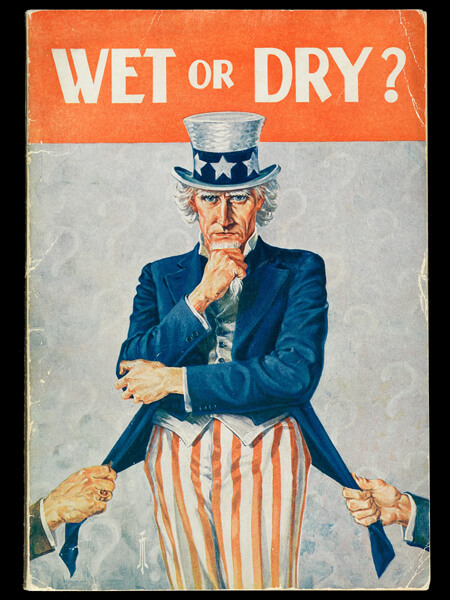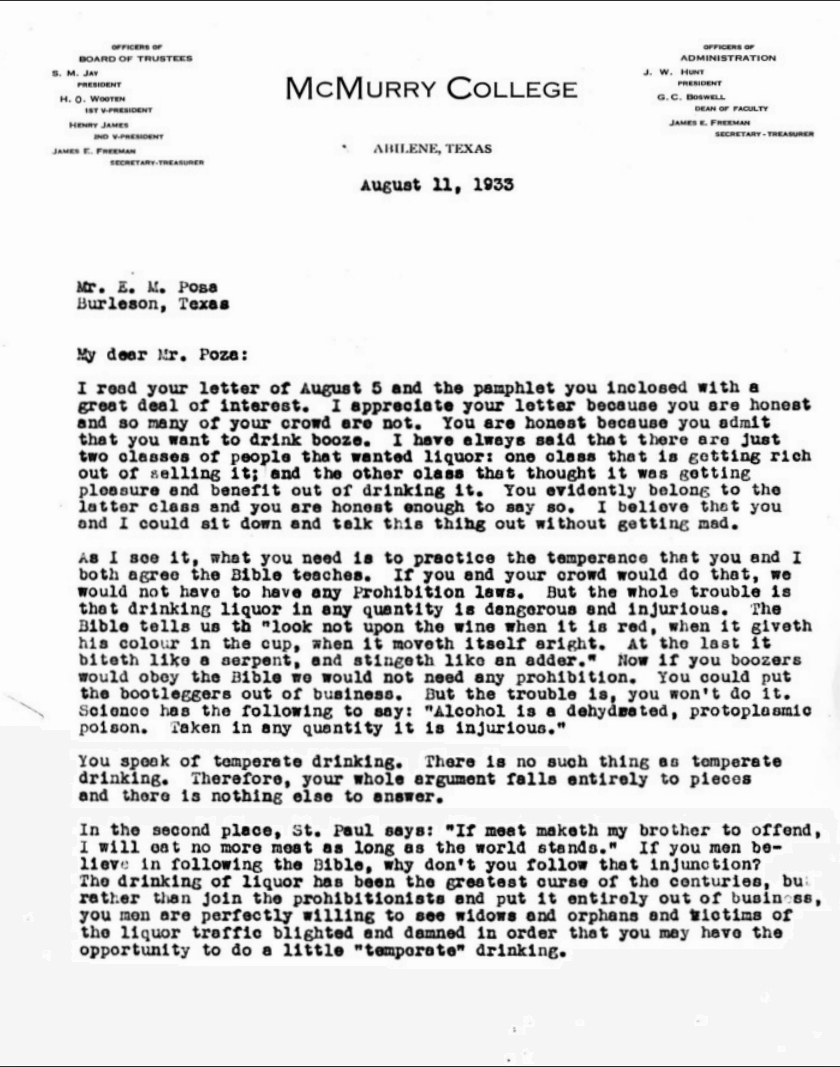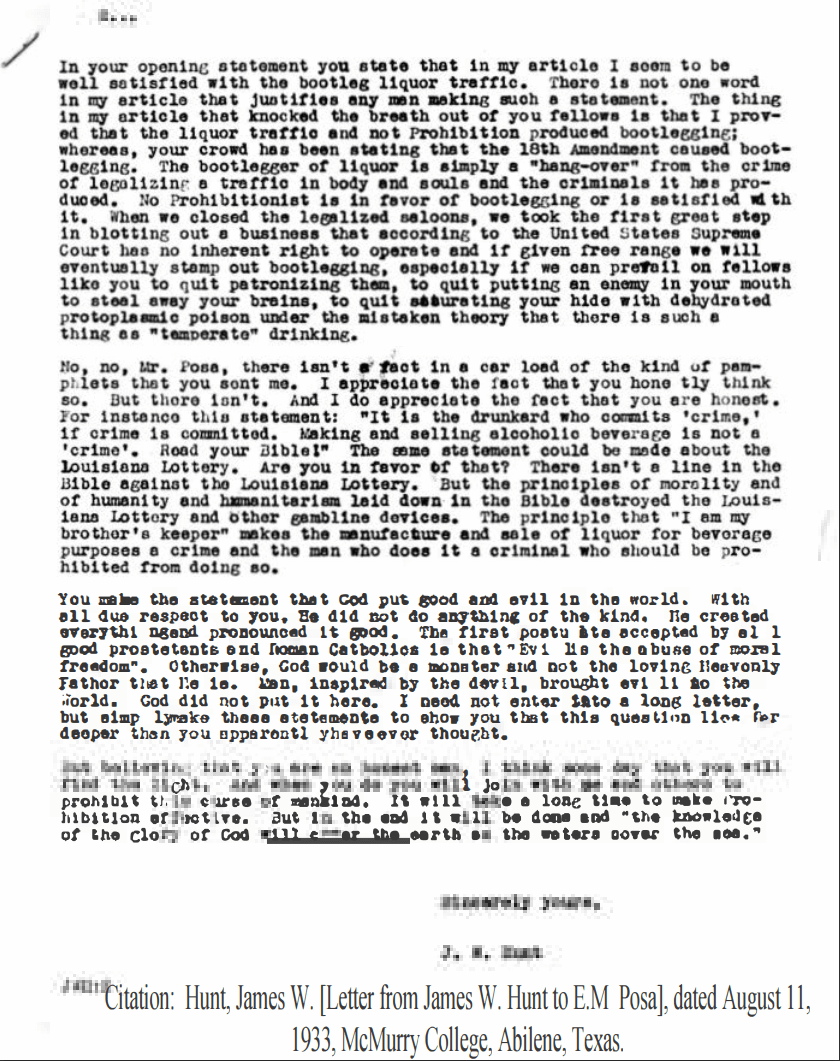The Story
Last Call
In January 1933, Franklin D. Roosevelt raised a glass not just to his presidency, but to the inevitable repeal of a grand experiment gone horribly wrong.
For thirteen years, America had tried to legislate morality with the 18th Amendment, a noble crusade against booze that devolved into a chaotic cocktail of bootleggers, speakeasies, and unintended consequences. Prohibition had spawned gangster dynasties and fueled a social war fought not on battlefields, but in basements and back alleys.
Within a year, the required three-fourths of U.S. states needed to ratify repeal ended when Utah (yes, Utah) ratified the 21st Amendment on December 5th. Even the most ardent teetotalers had realized prohibition was about as delicious as a flat beer.
A century earlier, fueled by the fervor of mostly mothers and wives, the temperance movement had roared like a righteous tornado sweeping the country and culminating in the intoxicating power of a Constitutional amendment. But what began as a crusade for responsible citizenship through sobriety ended as a sobering lesson in the limits of government control over deeply ingrained social norms.
Yet, even as the tide of public opinion ebbed away from the dry shores of prohibition, true believers like this Texas college president remained steadfast. In a letter dripping with righteous indignation, his words are a testament to the tenacity of good intentions.
Let us dive into his missive and raise a glass, not to victory, but to the fascinating – and slightly tipsy – story of how America fell in love with sobriety, only to find it gave the worst hangover in history.
Sources: Texas State Historical Association (TSHA Online), Texas State Library and Archives, The Texas Almanac



